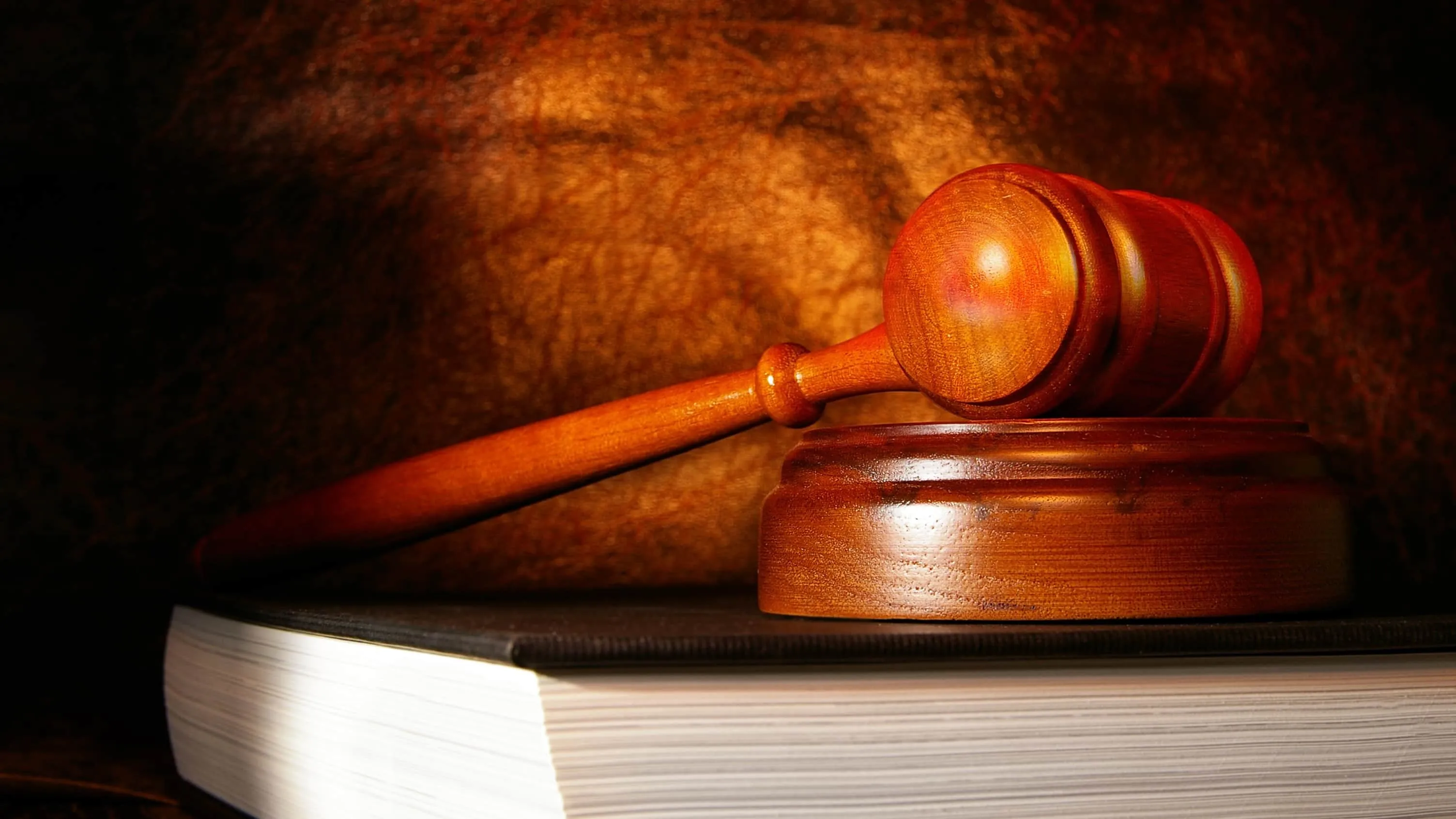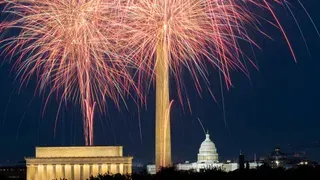May 5, 2017
Raul Castro's Daughter: His Successor May Surprise Cubans
Michael Weiisestein READ TIME: 2 MIN.
HAVANA -- One of the highest-profile members of Cuba's ruling family said Wednesday that the country could be surprised by the person who succeeds her father as president.
Mariela Castro's uncle Fidel led Cuba for a half century before he was succeeded as president by her father, Raul Castro, who has said he plans to step down in February.
International and domestic observers widely expect him to be succeeded by First Vice President Miguel Diaz-Canel, a 57-year-old career Communist Party official whose low-wattage public appearances have left many Cubans unconvinced of his ability to be the first top Cuban leader from outside the Castro family since 1959.
When asked about the succession process, Mariela Castro said: "Sometimes you're going in one direction and suddenly you look over here and go, 'Wow, how interesting, I hadn't focused on this person.'"
"There are always surprises," she concluded.
Mariela Castro is a gay-rights advocate, member of Cuba's National Assembly and head of the country's institute of sex education. She has long been one of Cuba's most outspoken public figures, and her statements are widely perceived to bear her father's imprimatur.
Recent speculation about alternate presidential candidates has focused on Foreign Minister Bruno Rodriguez, a forceful public speaker who has represented Cuba on the international stage for eight years. Rodriguez has taken on a slightly higher profile in recent months, including an unusual article in state media last week apologizing to the family of a Cuban who died on government business in Venezuela last May.
The daughter of the dead man, Nicanor Torres Ochoa, had complained to the state-run newspaper Juventud Rebelde that the family had not received his death certificate, echoing thousands of Cubans' frustration with the country's intractable Soviet-model bureaucracy. On Saturday, the paper published an unexpected response from Rodriguez assuring readers the problem had been resolved, saying the Foreign Ministry was reviewing its procedures to avoid a repeat of the problem, and apologizing to the family in the name of the state institutions involved.
Such lengthy apologies to citizens are virtually unheard of in Cuba, particularly from high-ranking government officials.
Despite such subtle changes in public profile, there are no indications so far that Diaz-Canel has lost his position as the unstated front-runner to be Cuba's next president. However, Raul Castro's departure from the presidency creates unprecedented opportunities for surprising changes to Cuba's political structure.
As supreme national leader, Fidel Castro simultaneously held a variety of roles as head of state, government and Communist Party institutions.
Raul Castro inherited that arrangement despite the fact that Cuba's constitution does not stipulate such a total concentration of power. Raul Castro's retirement as president opens the possibility that his responsibilities could be handed over to more than one figure, creating at least a nominal separation of powers for the first time since the first years of the Cuban Revolution.







